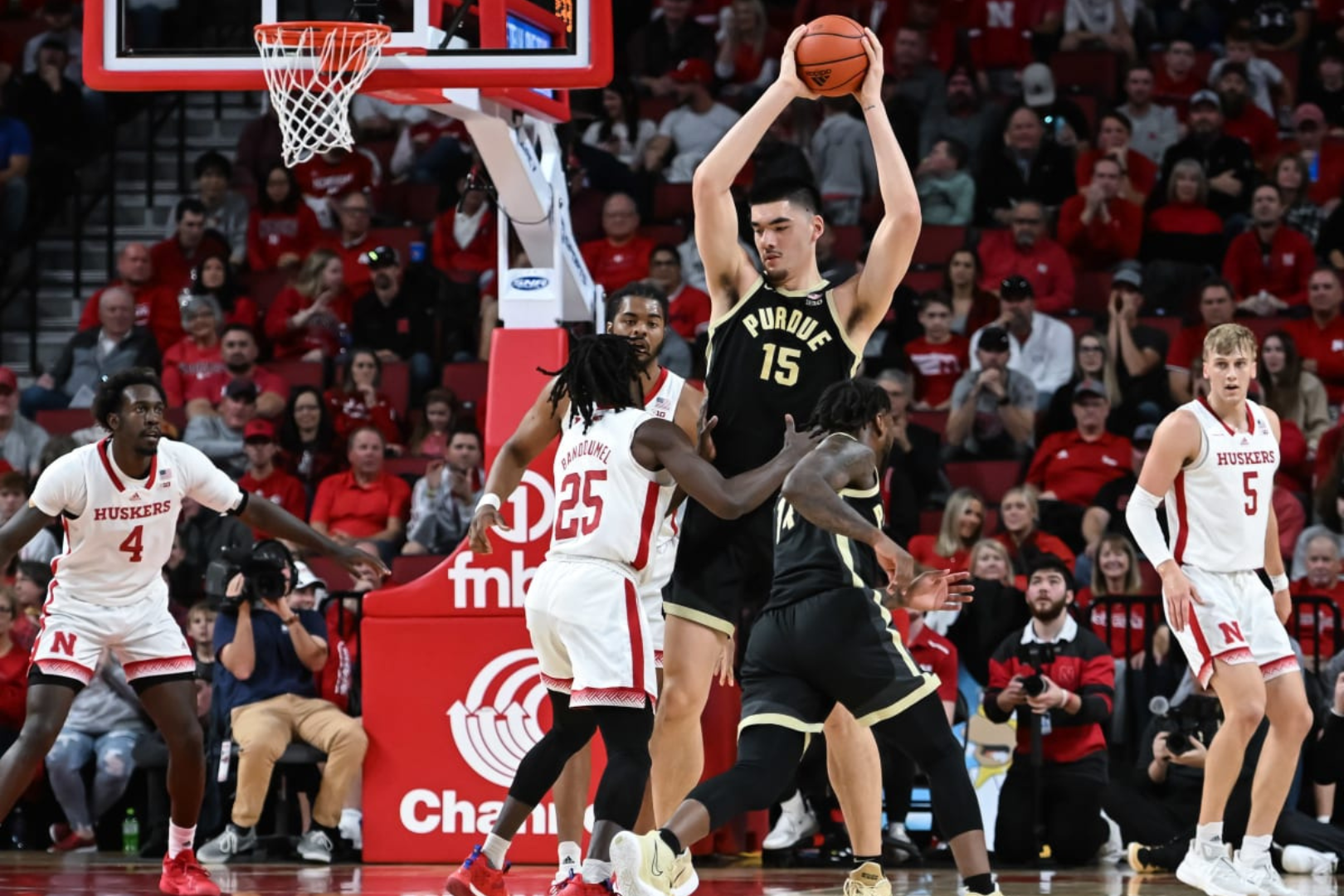
How many different March Madness bracket combinations are possible?
How many different March Madness bracket combinations are possible?
By Justin Rubin March 11, 2024 23:02
The NCAA Men's Basketball Tournament, popularly known as March Madness, is an annual spectacle that captivates sports fans around the world. A significant aspect of the March Madness frenzy is the creation of brackets, where fans predict the outcomes of each game in the tournament. The sheer number of potential bracket combinations is staggering, leading to a fascinating study of probability and the vast array of possibilities. In this article, we will delve into the mind-boggling number of different March Madness bracket combinations and explore the mathematical and practical implications of this phenomenon.
Understanding March Madness Brackets
Before delving into the mind-boggling numbers, it's crucial to understand the structure of March Madness brackets. The NCAA Men's Basketball Tournament consists of 68 teams competing in a single-elimination format. This means that as the tournament progresses, half of the teams are eliminated after each round until a champion is crowned. Fans attempt to predict the outcome of each game, creating their own brackets in the process. The goal is to accurately forecast the winners of each game, culminating in the prediction of the tournament champion.
The Mathematics of Bracket Combinations
The number of possible bracket combinations in a standard 68-team tournament can be calculated using combinatorics. In each matchup, there are two possible outcomes – a win for either team. As the tournament progresses through each round, the number of potential outcomes multiplies exponentially. To calculate the total number of unique bracket combinations, we multiply the number of outcomes for each game across all the matchups.
Calculating the Possibilities
Let's break down the calculations:
- In the first round, there are 32 games, resulting in 2^32 (or 4,294,967,296) possible combinations.
- In the second round, there are 16 games, leading to 2^16 (or 65,536) potential combinations.
- The third round consists of 8 games, resulting in 2^8 (or 256) possible combinations.
- The fourth round (Sweet 16) has 4 games, giving 2^4 (or 16) potential combinations.
- The fifth round (Elite Eight) consists of 2^2 (or 4) possible combinations.
- Finally, the championship game results in 2 potential combinations.
By multiplying these numbers together, we arrive at the total number of unique bracket combinations, which is a staggering 9,223,372,036,854,775,808 – over 9 quintillion possibilities!
Practical Implications and Significance
The astronomical number of possible bracket combinations has several practical implications and underscores the unpredictability of March Madness. Despite the vast number of possibilities, the perfect bracket – correctly predicting the outcome of every game – remains an elusive feat. The sheer magnitude of potential combinations highlights the chaotic and thrilling nature of the tournament, where upsets and underdog victories are part of the fabric of March Madness.
Impact on Bracket Challenges
Many organizations and individuals host bracket challenges, offering prizes for the most accurate predictions. The staggering number of potential combinations makes it extremely unlikely for anyone to achieve a perfect bracket without an extraordinary stroke of luck or an unparalleled insight into college basketball. As a result, bracket challenges often generate excitement and engagement, as participants compete to outdo each other and enjoy the unpredictable nature of the tournament.
Statistical Analysis and Probability
The study of the number of bracket combinations also provides an intriguing insight into probability and statistical analysis. Mathematicians and statisticians can use this as a case study to illustrate complex concepts such as permutations, combinations, and probability theory. It serves as a real-world application of theoretical mathematics and demonstrates the practical implications of these mathematical concepts in a widely followed event.
The number of different March Madness bracket combinations is a captivating subject that showcases the intersection of sports, mathematics, and probability. The astronomical number of possibilities underscores the thrilling and unpredictable nature of the NCAA Men's Basketball Tournament, making it a unique and exhilarating event for sports enthusiasts and mathematicians alike. As fans across the globe fill out their brackets each year, they are immersed in a world of infinite possibilities, encapsulating the essence of March Madness – the joy of the unexpected.
Whether it's the quest for the perfect bracket or the sheer excitement of witnessing underdog triumphs, the countless bracket combinations serve as a testament to the enduring allure of March Madness and the magic of sports.



































































